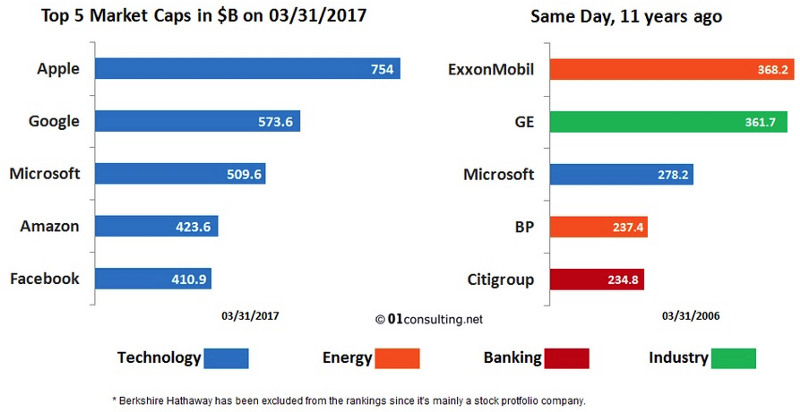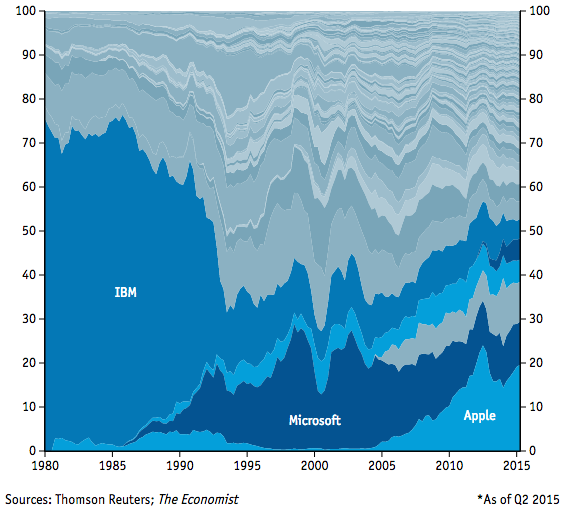If Harry Truman, Dwight Eisenhower, or Ronald Reagan were transported to 2017, they would be shocked that the United States is considering an attack on North Korea.
A hidden assumption underlies the debate over North Korea. The assumption is that preventive war—war against a country that poses no imminent threat but could pose a threat in the future—is morally legitimate. … By historical standards, that’s astounding. … During the Cold War, the dominant figures in American foreign policy considered preventive war to be fundamentally un-American.
In the second half of the 20th century, when America’s leaders heard “preventive war,” they thought about Nazi Germany and Imperial Japan. And for good reason. Both regimes had used the doctrine to justify their attacks in World War II. … Americans wanted a postwar system that outlawed such logic.
If Clinton peeked under a door that his predecessors had tried to bolt shut, George W. Bush flung it open. … Among the duplicities that attended Bush’s new doctrine was a linguistic one. Instead of admitting that he was embracing preventive war, Bush called it “preemption.” That was a lie. Preemptive war has an entirely different status in international law because it refers to an entirely different thing: a response to imminent attack.
It’s hard to recapture the horror that earlier generations of Americans felt about preventive war when it was still something that other countries did to the United States and not merely something Americans contemplate doing to others. They viewed it the way some Americans still view torture: as liberation from the moral restraints that human beings require. … Because Americans recognized that they were fallible, fallen creatures, they did not grant themselves the illegitimate, corrupting power of preventive war.
That humility has been lost. If asked whether China, Russia, or even France, has the right to launch wars against countries merely because those countries are building weapons that could one day pose a threat, Americans would quickly say no. They would recognize immediately that such a right, if universalized, threatens the peace of the world. Yet in both parties, policymakers grant that right to America.
Source: How America Shed the Taboo Against Preventive War – The Atlantic

